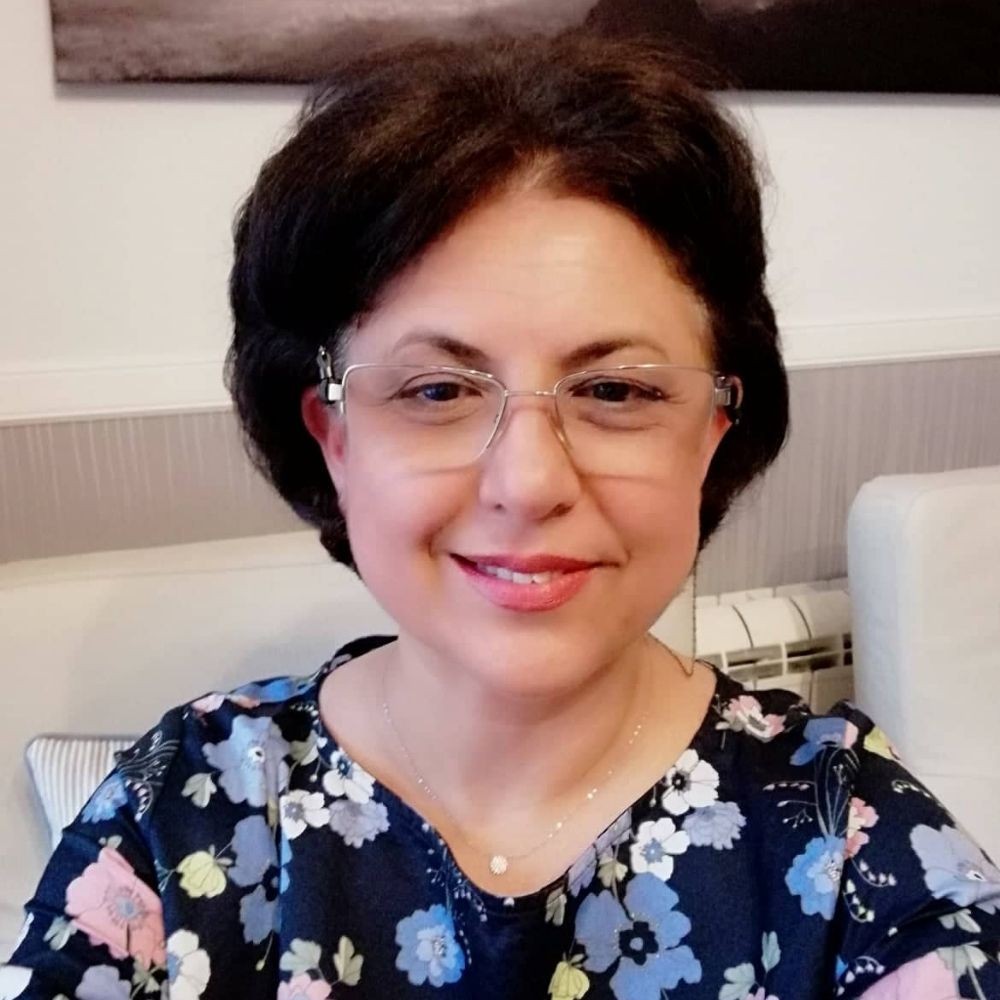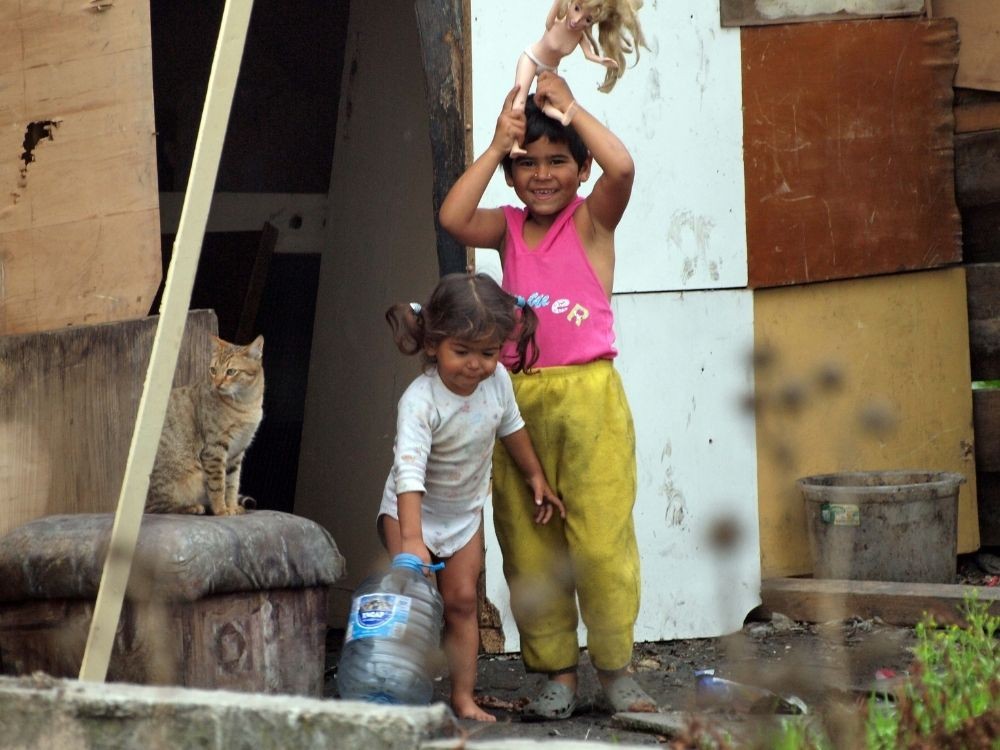The level of anti-Roma speech online in this country is extremely high, ascertains a monitoring report by Integro Association over the January-September, 2021 period, financed under the EU Rights, Equality and Citizenship Programme. According to the analysis, in 89% of the cases the Roma are presented in a negative light on the Internet. The problems which existed in our society in 2021 – epidemic, regular and snap elections, political crisis – have impacted the levels of anti-Roma speech on the Internet, the authors of the analysis say. The topic of Roma crime is present in half of the social media and online media publications monitored.
“In this regard the subtopics of the publications are “gypsies-thieves”, “gypsies-rapists”, “gypsies-violent offenders,” adds Alexandra Raykova, one of the authors of the monitoring report. The second Roma-related topic in the publications monitored is “the Roma as a social problem”, and the third – “the Roma and elections”.

“The focus here is on “the Roma selling their votes”, “the Roma as a political tool of influence”, “the Roma as dividers of the nation”,” says Diyan Dankov, lawyer and coordinator of the project. “Significantly, in almost 18% of the protocols monitored there exists a disparity between the visual elements and the contents, which calls into question the reliability of the publication, and raises the probability of perpetuating the existing stereotypes regarding the Roma, and of manipulating public opinion.”
There exists a new tendency of publishing neutral or positive content, connected with the Roma that shows them in a positive light. Most of these articles are about the higher levels of acquired education among the Roma and about the work of health mediators.
“When we say hostile and hate speech towards the Roma community, we shouldn’t mean a change in the attitude to those Roma who have become more educated, cultured or socially accepted. We ought to mean the attitude to the entire community,” Integro’s executive director Liliya Makaveeva says for the BNR. This is the association’s third report of this kind in the past 10 years:

“Hostile speech must be attacked in every possible way, i.e. we have no right to think that the people who are poorer or more ignorant are a bigger threat to other people – that is not true. And until there is a change in that perception of hostile speech, there will be no significant change. There definitely is a well-defined layer of society who accept the educated Roma very well and laud them, however, at the same time, the majority of people, unfortunately do not agree with that. Even when they see educated Roma they regard this as an exception.”

Social media is used for anti-Roma content more often than online media, the platform used by young people most often being Facebook, indicate data from the Integro monitoring report. In their words, the report gives a subjective but comprehensive idea of how the Roma are presented online and in the public domain, and aims at the more effective self-regulation by the media on the subject.
Interviews by Andrey Borisov, Horizont channel, Tsveta Nikolova and Natalia Tsekova, Hristo Botev channel, BNR
Editing by Elena Karkalanova
Photos: BGNES, Integro AssociationSkopje aims to attract cargo from Europe to Thessaloniki with a new railway line The construction of the railway line along Corridor 10 is a priority for North Macedonia, said North Macedonia’s Minister of Transport Aleksandar Nikoloski. He..
Language and cultural workshops "My Bulgarian Summer" once again take the children of Bulgarians living abroad to some of the most beautiful places in the country. A series of trips for children and students from 6 to 15 years of age..
The Bulgarian language is studied academically in Albania, much like in many other places around the world. Our lectorat is part of the Department of Slavic and Balkan Languages at the Faculty of Foreign Language Studies at the University of Tirana, and..
On 27 and 28 July, the village of Balgarevo, the largest village in the municipality of Kavarna, will host the 17th Melon Festival . The event, which..
The Bulgarian team performed at an extremely high level during the International Young Physicists' Tournament (IYPT) in the city of..
"BG Be Active"Association invites NGOs, sports clubs and educational institutions to encourage the organization of clean-up events and..

+359 2 9336 661
